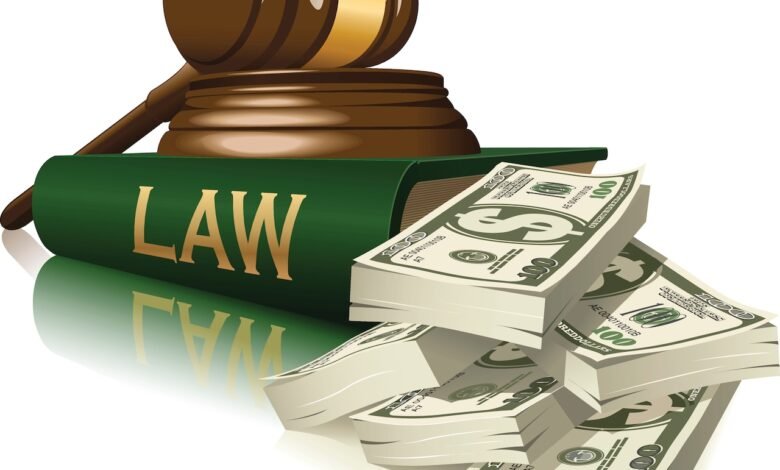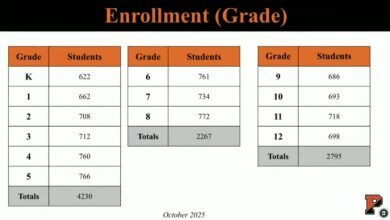Liz Weston: At least 13 grandchildren are set to inherit a family property. Is this a recipe for disaster?

Dear Liz: My husband and his six siblings inherited a large family farm. No one lives there; it is used recreationally. Our limited liability corporation is set up so that only blood relatives can inherit. If they don’t want it, they can sell their share (only to family) for 40% of the value. The seven current owners all pay equally for the upkeep.
Our question is what to do with the next generation if some don’t want to pay their share of the upkeep, and also don’t want to sell.
This is a very likely scenario. How to “force” them to pay? About half of the grandchildren (13 of them) will be all in, the other half probably won’t care to pay. My husband and I are the youngest of the owners, and we most likely will need to deal with this someday. If you don’t have a solution, what type of lawyer would be best to consult with?
Answer: It’s impressive and perhaps even astonishing that seven people have been able to successfully share ownership of this property so far. Expecting the next generation to do the same, with nearly twice as many people involved, is almost certainly asking too much.
An experienced estate planning attorney can offer suggestions on how to manage this property and address options if heirs don’t pay their share, either due to unwillingness or inability. (Keep in mind that heirs who are ready to pay their fair share now may not always be able to do so if their economic fortunes change.)
Most likely, forcing payment would require the cousins to resort to the courts, so the current owners need to think deeply about what’s most important: keeping this property in the family or preserving family harmony.
Dear Liz: I need some help understanding health savings account distribution rules. I was injured and bought medical supplies with my credit card, then reimbursed myself from my HSA. When I didn’t need the supplies, I returned them for a refund. What now? It seems like the money should go back to the HSA, but it’s not clear how to do that. Are there tax implications for a non-qualified HSA withdrawal made in good faith?
Answer: You typically have until April 15 of the following year to return funds mistakenly withdrawn from a health savings account. Otherwise, the withdrawal would incur income taxes and a 20% federal penalty.
Mistakes aren’t uncommon. Contact your HSA custodian, which likely has a procedure to get the money back into your account.
Liz Weston, Certified Financial Planner, is a personal finance columnist for NerdWallet. Questions may be sent to her at 3940 Laurel Canyon, No. 238, Studio City, CA 91604, or by using the “Contact” form at asklizweston.com.
If you purchase a product or register for an account through a link on our site, we may receive compensation. By using this site, you consent to our User Agreement and agree that your clicks, interactions, and personal information may be collected, recorded, and/or stored by us and social media and other third-party partners in accordance with our Privacy Policy.






